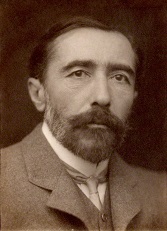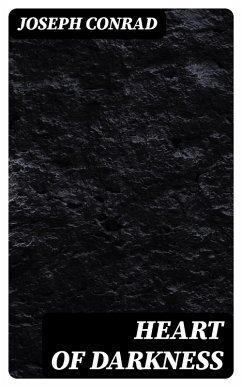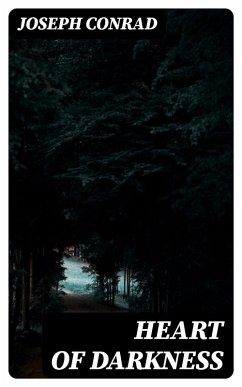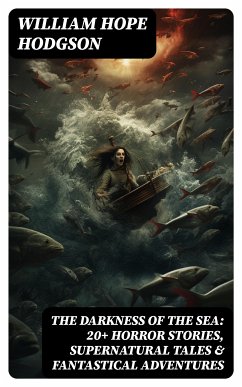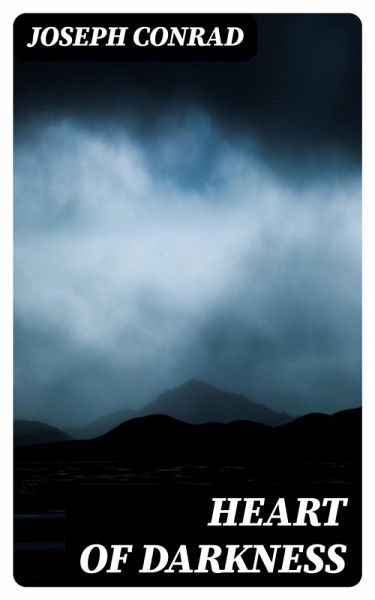
Heart of Darkness (eBook, ePUB)
Including the Author's Notes + Youth: a Narrative + Heart of Darkness + The End of the Tether

PAYBACK Punkte
0 °P sammeln!
Joseph Conrad's "Heart of Darkness" offers a profound exploration of imperialism and human nature through the harrowing journey of Charles Marlow into the African Congo. With its rich symbolism and lyrical prose, the novella delves into the psychological depths of its characters while navigating the symbolic darkness inherent in colonial exploitation. Conrad's distinct narrative style intertwines first-person and third-person perspectives, creating an intense atmosphere that reflects the moral ambiguity and existential angst of the 19th-century European worldview, contributing significantly to...
Joseph Conrad's "Heart of Darkness" offers a profound exploration of imperialism and human nature through the harrowing journey of Charles Marlow into the African Congo. With its rich symbolism and lyrical prose, the novella delves into the psychological depths of its characters while navigating the symbolic darkness inherent in colonial exploitation. Conrad's distinct narrative style intertwines first-person and third-person perspectives, creating an intense atmosphere that reflects the moral ambiguity and existential angst of the 19th-century European worldview, contributing significantly to the modernist literary canon. Born in 1857 in Poland, Joseph Conrad's experiences as a sailor and his travels through Africa deeply influenced this seminal work. His exposure to the brutal realities of colonial rule and the complexities of human nature informed his critique of imperialism, which is articulated through Marlow's encounters with Kurtz and the enigmatic wilderness. Conrad's own struggles with identity and belonging as a Polish expatriate further enrich the narrative, allowing him to portray the conflicts of civilization versus savagery with poignant authenticity. "Heart of Darkness" is a profound text that invites readers to reflect on ethical dilemmas and the darkness within humanity. Its unsettling themes and intricate narrative structure make it essential reading for anyone interested in literature that challenges and provokes, revealing uncomfortable truths about both the imperial mission and the human condition.
Dieser Download kann aus rechtlichen Gründen nur mit Rechnungsadresse in A, B, BG, CY, CZ, D, DK, EW, FIN, F, GR, H, IRL, I, LT, L, LR, M, NL, PL, P, R, S, SLO, SK ausgeliefert werden.




